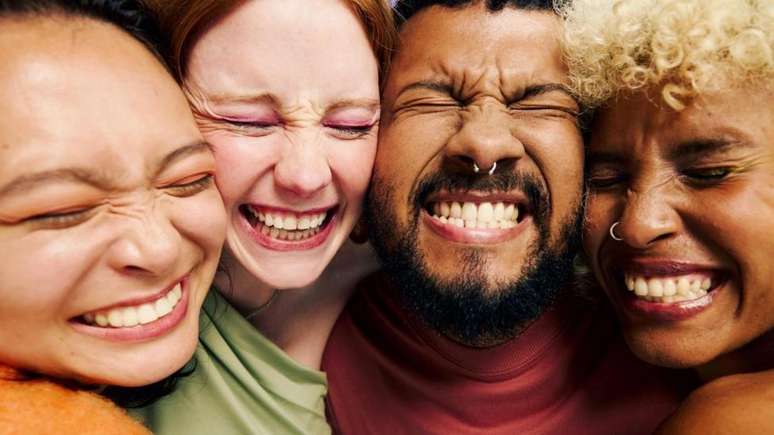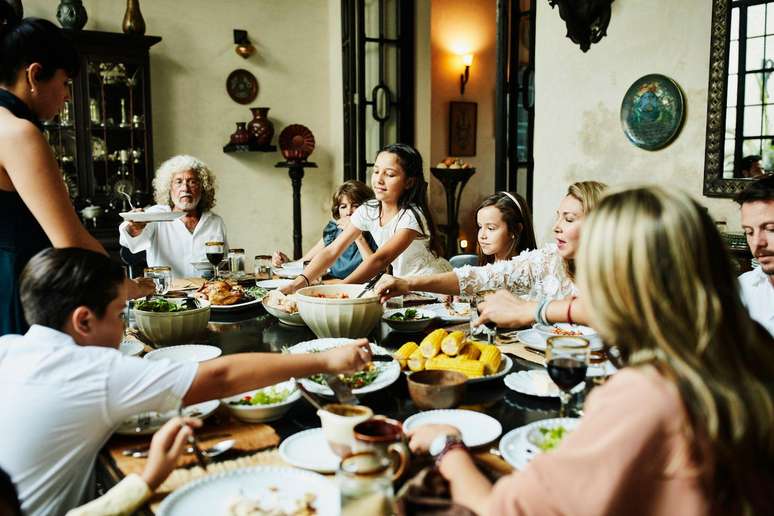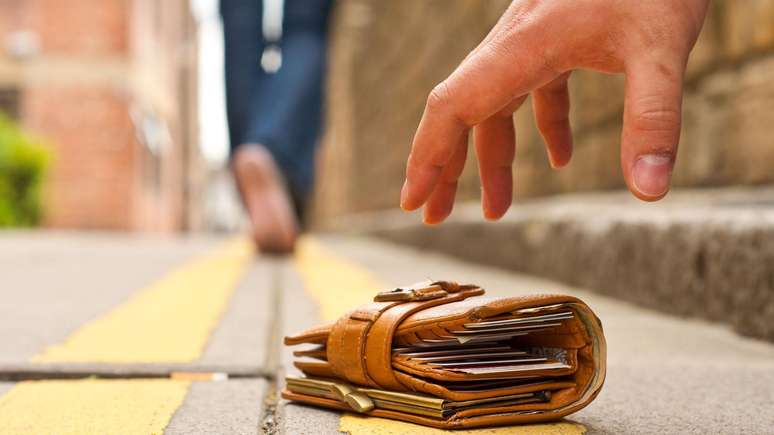The report underlines that strangers are twice more kind than we imagine – and this is linked to happiness
“I always depended on the kindness of strangers,” says Blanche Dubois’ iconic phrase at the end of the comedy A tram called desireby Tennessee Williams.
A recent study on happiness all over the world indicates that strangers are about twice as much as we imagined.
The World Happiness Report, published every year and published Thursday (20/03), measured the degree of trust in other people through an experiment: the wallets were intentionally “lost” to observe how much they would have been returned and compare this number with the expectations of people on the return.
The result surprised: the return rate was almost double the expected and the study, with evidence collected in different countries, concluded that the trust in the goodness of others is more closely linked to the happiness of thought.
John F. Helliwell, economist of the University of British Columbia, Canada, and publisher of the relationship, said that the data of the experiment show that “people are happier who live in places where they believe that there is mutual care among citizens”.
He added that the study suggests that people tend to be excessively pessimistic everywhere, when, in reality, wallets were returned much more often than expected.
For the eighth consecutive year, Finland leads the ranking as the happiest country in the world. Already the United States and the United Kingdom have fallen into position.
Brazil is 36th, having improved eight positions compared to the previous ranking. In South America, only Uruguay appears in 2025 better than Brazil, in the 29th.

The 13th report on world happiness, published on the occasion of the International Day of Happiness of the United Nations, classifies the happiest countries based on the way residents evaluate their lives.
The research, coordinated by the well -being research center of the University of Oxford, asked the interviewees to give a note from 0 to 10, being the worst possible and 10 the best. The classification of each country is based on the average of three years of these assessments.
Finland, located for the first time, has obtained an average of 7,736. For the first time, Mexico and Costa Rica entered the top 10.
Already the United Kingdom and the United States have fallen respectively at positions 23 and 24 – this is the worst historical performance of the United States in the ranking.
The 10 happiest countries in the world:
- Finland
- Denmark
- Iceland
- Sweden
- Netherlands
- Costa Rica
- Norway
- Israel
- Luxembourg
- Mexico
Other conclusions of the World Happiness Report 2025:
- The combination of the fall in happiness and social trust in the United States and parts of Europe helps to explain the rise and direction of political polarization.
- Sharing meals with others is strongly associated with well -being on a global scale.
- The dimension of the home or domestic nucleus is closely linked to happiness: four out of five people who live with others have reported the highest levels of happiness in countries such as Mexico and the various regions of Europe.

Jeffrey D. Sachs, president of the United Nations sustainable solutions network, said that the results reiterate that “happiness is rooted in trust, kindness and social connections”.
“It is in our hands, as individuals and ethical citizens, to transform this essential truth into concrete actions, which promotes peace, civilization and well -being in communities all over the world,” said Sachs.
Jan-Eminuel de Snow, director of the Oxford Welfare Research Center, added:
“In this era of social isolation and political polarization, we must find a way to bring people to the people-tables are essential for our individual and collective well-being”.
* With information from Alex Boyd and Robert Greenall, from the BBC News
Source: Terra
Ben Stock is a lifestyle journalist and author at Gossipify. He writes about topics such as health, wellness, travel, food and home decor. He provides practical advice and inspiration to improve well-being, keeps readers up to date with latest lifestyle news and trends, known for his engaging writing style, in-depth analysis and unique perspectives.






![Tomorrow belongs to us: What awaits you in the episode of 1929, Thursday, April 24, 2025 [SPOILERS] Tomorrow belongs to us: What awaits you in the episode of 1929, Thursday, April 24, 2025 [SPOILERS]](https://fr.web.img5.acsta.net/img/f7/87/f78756bdde1a41a4ed2c6f617fbff1ab.jpg)


